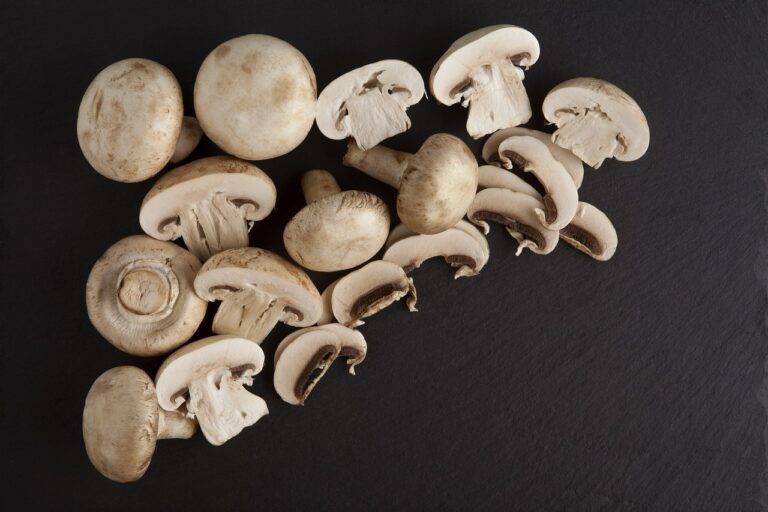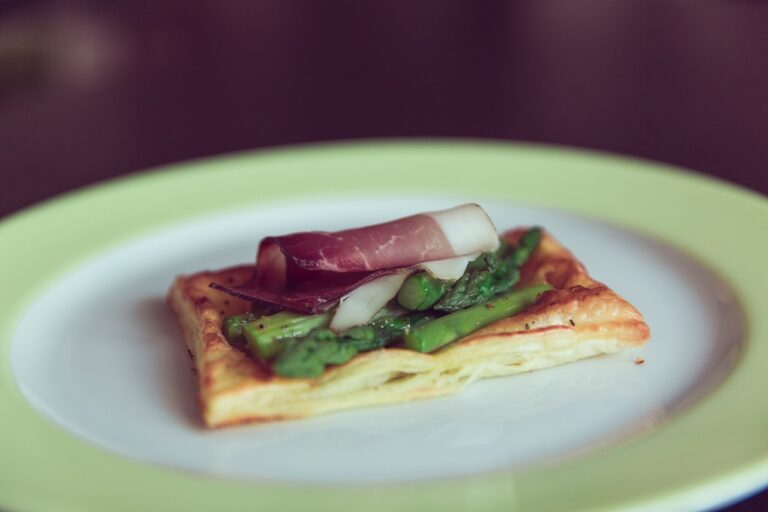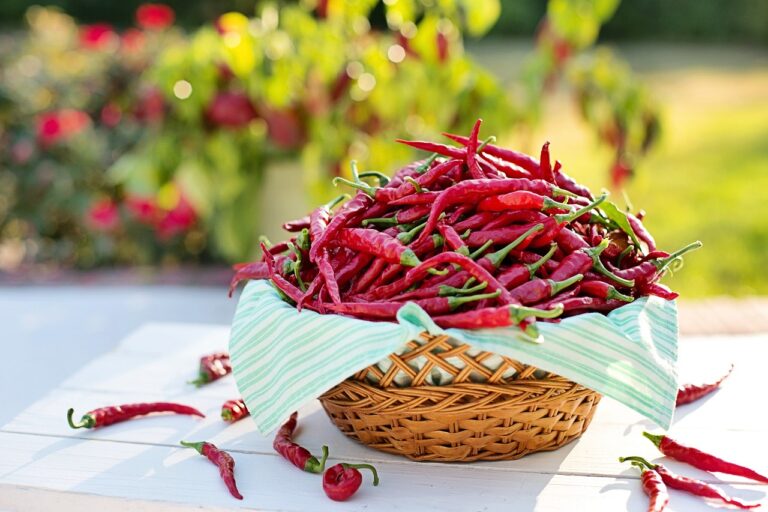The Rise of Experiential Dining: Incorporating Fragrance into Food Experiences
11xplay com, gold365, skyfairs: The Rise of Experiential Dining: Incorporating Fragrance into Food Experiences
Experiential dining has been gaining popularity in recent years, with diners seeking more than just delicious food when they go out to eat. They want an experience that engages all of their senses, including taste, sight, and now, smell. Incorporating fragrance into food experiences is a growing trend in the culinary world, with chefs experimenting with ways to enhance the overall dining experience through the power of scent.
Incorporating fragrance into food experiences adds an extra layer of complexity and depth to a meal. Just as a beautiful presentation can enhance the visual appeal of a dish, a well-chosen fragrance can elevate the flavors and create a more memorable dining experience. From using essential oils in cooking to incorporating scented oils in the dining room, the possibilities are endless when it comes to incorporating fragrance into food experiences.
One of the most popular ways that chefs are incorporating fragrance into food experiences is through the use of essential oils. Essential oils are highly concentrated plant extracts that are packed with flavor and aroma. Chefs are using essential oils such as lavender, rosemary, and bergamot to infuse their dishes with unique and complex flavors. These oils can be added to marinades, dressings, and even desserts to create a sensory experience that is truly one-of-a-kind.
In addition to using essential oils in cooking, some chefs are incorporating fragrance into food experiences by using scented oils in the dining room. By diffusing fragrant oils throughout the restaurant, chefs can create a welcoming and calming atmosphere that enhances the overall dining experience. These scents can be tailored to the type of cuisine being served, adding an extra layer of authenticity to the meal.
Overall, incorporating fragrance into food experiences is a trend that is here to stay. As diners continue to seek out unique and memorable dining experiences, chefs will need to get creative with how they engage all of the senses, including smell. By experimenting with essential oils, scented oils, and other fragrant ingredients, chefs can create meals that are truly unforgettable.
Headings:
– The Power of Scent in the Culinary World
– Enhancing the Dining Experience with Fragrance
– Using Essential Oils in Cooking
– Infusing Dishes with Unique Flavors
– Creating a Memorable Dining Experience with Fragrance
– Diffusing Scented Oils in the Dining Room
FAQs:
Q: How can I incorporate fragrance into my own cooking at home?
A: You can start by experimenting with essential oils in your recipes. Just make sure to use them sparingly, as they are highly concentrated.
Q: Are there any safety concerns when using essential oils in cooking?
A: Yes, some essential oils can be toxic if ingested in large quantities. Make sure to do your research and use caution when using them in your cooking.
Q: What are some popular fragrances used in restaurants?
A: Some popular fragrances used in restaurants include lavender, rosemary, bergamot, and citrus scents.
Q: How can I create a fragrant dining experience at home?
A: You can create a fragrant dining experience at home by using scented candles, diffusers, or incense to infuse the room with your favorite scents.
Q: Are there any health benefits to incorporating fragrance into food experiences?
A: Some essential oils have been shown to have health benefits, such as reducing stress and improving digestion. Just make sure to use them responsibly.







